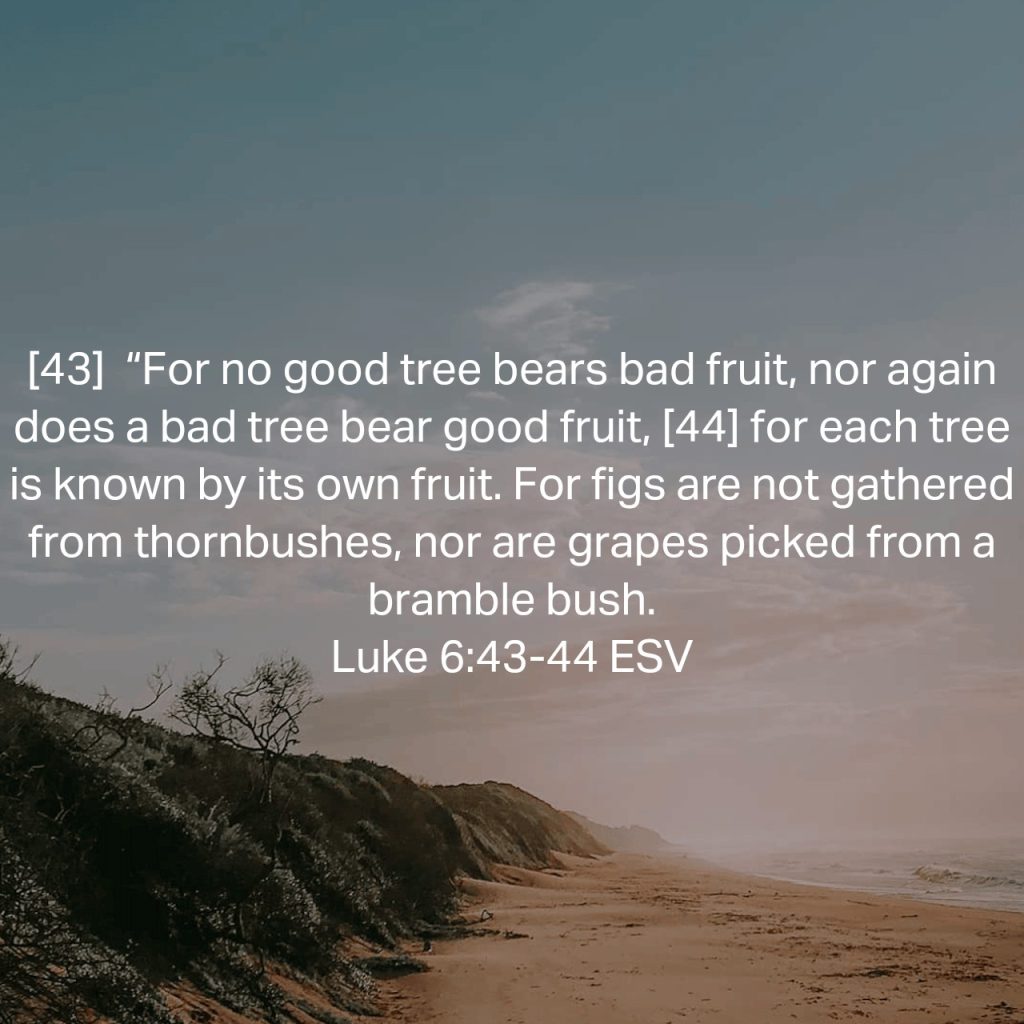“The fear of the LORD is the beginning of knowledge: but fools despise wisdom and instruction.” Read more here. Introduction Proverbs 1:7 highlights the foundational principle that reverence for the Lord is the starting point of true knowledge. It contrasts the wise, who seek understanding, with fools, who reject wisdom and instruction. Interpretation This verse underscores the importance of a reverent relationship with God as essential for gaining true knowledge and wisdom. It also portrays the rejection of wisdom and instruction as foolish. Modern Day Application Across Various Fields 1. Theology Emphasizes the necessity of a reverent relationship with God as the basis for true knowledge and understanding. 2. Philosophy… Read More
Continue Reading








